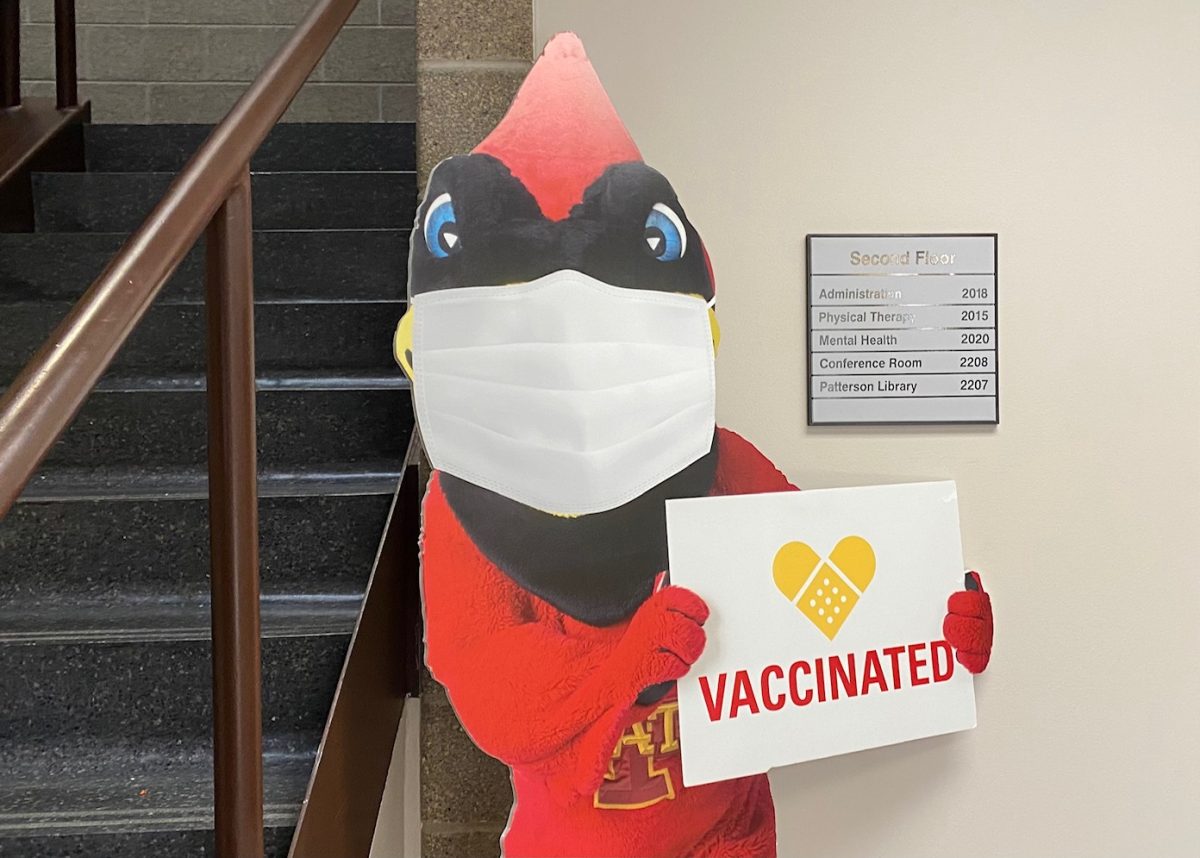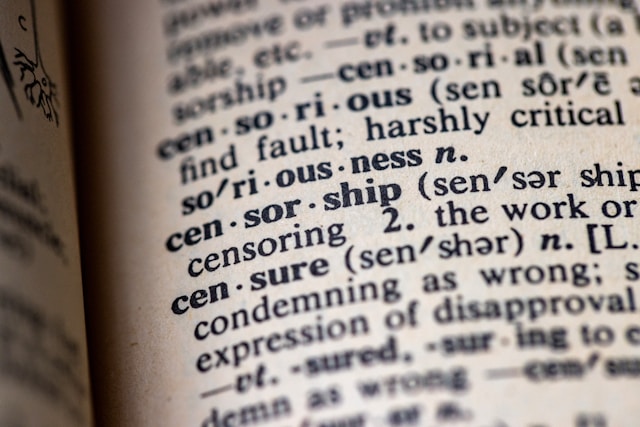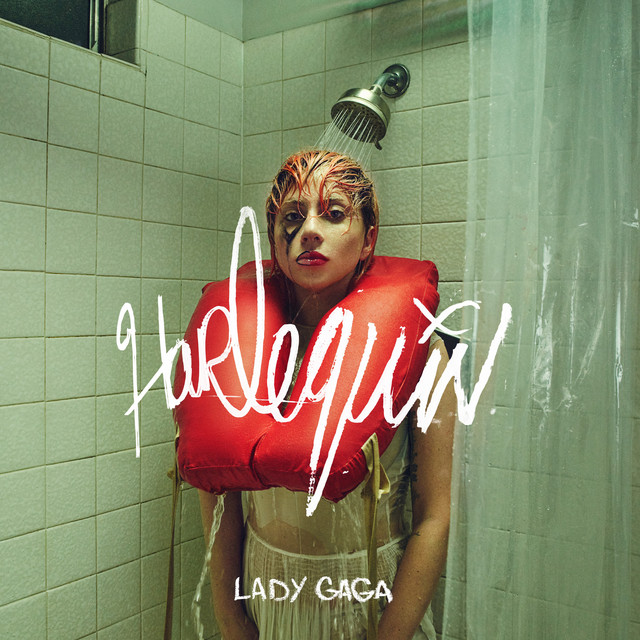Cousteau follows in father’s footsteps
September 25, 1998
Jean-Michel Cousteau, best known for the films and television shows he created with his father Jacques Cousteau, lectured Wednesday night to a crowd of nearly 300 people at the Memorial Union.
Cousteau hit on a wide range of topics, from the depletion of ocean wildlife and water resources to gray whale migrations.
Cousteau began the lecture on a light note, saying that he was seven when “my father pushed me off a boat.”
Cousteau continued, talking about fish depletion by walking down memory lane.
“Those who started [diving] a long time ago have seen a lot of changes taking place, and I’m one of them,” Cousteau said. “The French Riviera is no longer what it used to be.
“I still remember going out with some of my friends, the fishermen, and the kinds of fish that we used to pluck out of the fishing nets and throw back over the boat because they were considered not very good and not the best quality,” Cousteau said.
“That’s what you find in the markets today. The fish we used to put in the markets 30 or 40 years ago are gone, they’re not available,” he said.
Cousteau attributes this problem to not only consumer needs, but also because “we’re still using the ocean as a universal sewer.”
“It’s not because we are here in this university away from the ocean that we’re not connected to it everyday and all the time,” Cousteau said. “Through the water system, we are one, single, connected entity, and everyone of us is connected to that water system.”
While the crowd listened in silence, Cousteau switched to a more philosophical tone.
“And what humbles me, if you believe that the earth would still function for another billion years and then it will kind of disintegrate, imagine someone being in charge, a supreme being, being responsible to write the definitive book about the history of planet Earth,” Cousteau said. “My question is … are we going to be mentioned? I’m not so sure.”
Cousteau concluded the subject with a word of warning.
“So I think we need to be a little careful as to this arrogance that we have toward our environment, which surrounds us, by thinking that we are the masters of this planet,” he said.
He said that people are taking the air and especially drinking water for granted.
Cousteau said the way to correct these problems is twofold.
First of all, he said anything people put into the oceans needs to be acceptable. Secondly, he said there needs to be a better management of the fish resources.
“The majority of the surface of the earth is unmanaged, and that’s really wrong,” he said. “You need to look at these marine resources as the capital you put in a bank account. You want to live off of the interest; you don’t want to eat up the capital because if you eat up the capital like we’re doing now, we’re going to go bankrupt.”
After switching gears, Cousteau talked about the perception the public has about the California gray whales.
“This is the one species of whale that has the longest migration, 10,000 miles round trip, and it is a coastal migration because of their feeding habits,” Cousteau said. “They hug the coast at all times as they go from the northern part of the Arctic Circle, all the way down to the tip of Bag California in Mexico.”
Cousteau said the whales encounter many dangers along the coast.
“They run into drift nets, ghost nets, gill nets, ships run into them,” Cousteau said. “They are bombarded by all kinds of sounds not only from ships but from military experiments, through our defense systems, between Hawaii and the mainland, or the other way around.”
He also mentioned people are breaking the law by coming in contact with the whales and disturbing them.
At the end of their migration, Cousteau said, some of the whales end up in the San Ignacio Lagoon in Mexico, which has been turned into a natural preserve.
The newest problem these gray whales have to face is the construction of the biggest salt mine ever built, which will be right on the border of the lagoon, he said.
Cousteau said he realized there is one place still “untouched” along the whales migration route, and that place is the San Ignacio Lagoon.
Together with the National Resource Defense Council (NRDC) Cousteau mounted a campaign to “let the public know that there was a problem there.”
“We invited a number of personalities to highlight the concerns that we have,” he said. The supportive personalities included Robert Kennedy, Jr., Glenn Close and Pierce Brosnan.
“We’ve been able, all together, to delay the process by sending the government of Mexico back to the drawing board and having them do new environmental impact studies,” Cousteau said. “These are the kind of operations that we are undertaking.”
At the end of the lecture, Cousteau received some positive responses from the crowd.
Jay Guyer, president of ISU’s Scuba Club, said he enjoyed the lecture.
“As divers, we know more than anyone how beautiful and precious these oceans are, and it is a fact that they are degrading now and being hurt now,” he said.
The lecture was sponsored by the ISU Scuba Club, the Student Environmental Council, the Colleges of Design, Engineering, Liberal Arts and Sciences, Agriculture and Veterinary Medicine, the Departments of Biology, Forestry, Botany and Sociology and the Committee on Lectures.






